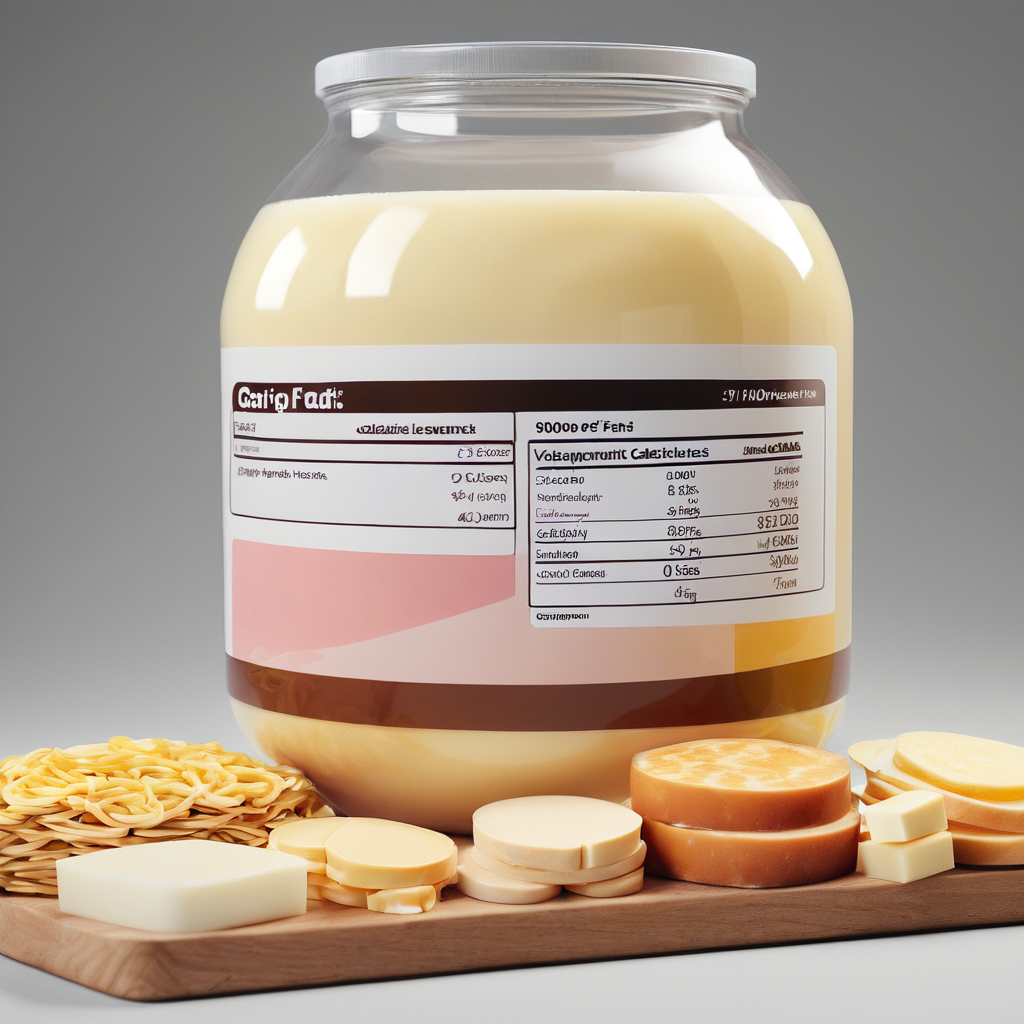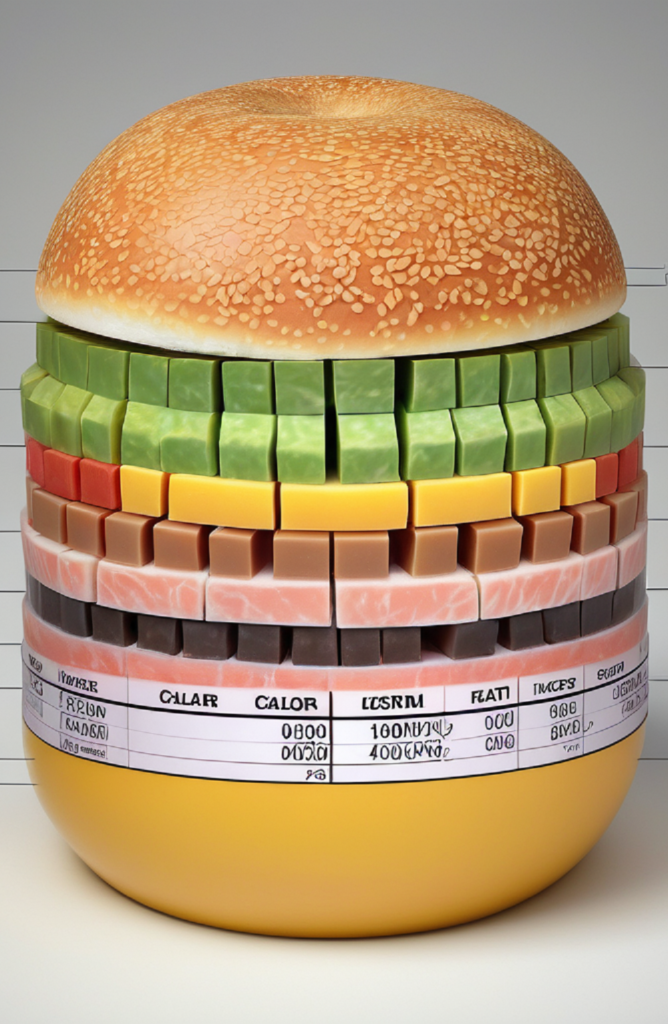How many calories in 1 kg of fat – Calories play a very crucial role in our daily bodily functions and maintenance of overall body health. It basically serves as a currency of energy in our body. Especially when it comes to weight management, it becomes crucial for us to understand the relationship between calories and fat. With this blog we will decipher the truth behind, exactly how calories does 1 kg of fat contains and se how this can help us making informed choices for fitter life.
But before deep diving into the concepts let us understand the basics of calories and fat.

What are calories : Understanding the relationship between Calories and Fat –
As we have read, calories are units of energy that our body utilizes, and usually these calories come from the food and beverages our body consume on daily basis. While we consume variety of micro and macro nutrients. As our bodies innate nature for survival, whenever our body consumes more calories then we expend, our body stores them as fat. But if our body keep doing this, it would result in our modern day problem of weight gain and other health issues.
The Caloric Density of FAT –
This measure of caloric density is applicable to all the Macro nutrients and with 9 calories per gram, Fat is most caloric dense macro nutrient of all. This means every gram of fat stored in your body is a container for 9 calories worth of energy. When compared to protein and carbohydrates with only about 4 calories per gram, fat is declared by our body as a best and efficient way to store energy, hence the fat accumulation over time.
Calculating Calories – How Many Calories in 1 Kg of Fat ?
To determine this, we will use simple math and the information we have gathered till now. Let us look at the table below for easy reference.
| Fat in KGs | Fat in grams | calories/gram of Fat | Total calories |
| 1 Kg | 1*1000 = 1000 grams | 9 calories/ gram of fat | = Fat in grams * Cal/gram = 1000*9 = 9000 Cal/KG of FAT |
Calories and Weight Loss –
If you google, 7700 is the calories you will have to burn to lose 1 KF of fat. Now this entirely can be very subjective, as each individual is different, the way their body responds is different. But on average 7000 – 9000 calories deficit is what can be defined as a range of caloric deficit that you will need to maintain to burn 1 KF of fat. Now this deficit can be achieved through a combination of dietary changes, increased physical activity, and lifestyle modifications; but your dietary changes would place a drastic impact on this fat/weight loss goal.
Balancing Calories and Nutrients –
Now though the math is simple and straight forward that focus on creating a deficit of 7000-9000 calories as an weekly average to loose 1 Kg/week, but the entire truth is its not just about counting calories and maintaining your required caloric deficit. Its really essential to prioritize on nutrients dense foods to promote overall health and this will result in a sustainable weight loss rather then quick and short lived weight loss.
Focusing solely on calorie intake without considering the quality of food can lead to nutrient deficiencies and undermine our well-being. Incorporating a balance of macronutrients, vitamins, and minerals into our diets is key to achieving sustainable weight loss and optimal health.
Conclusion: How Many Calories in 1 Kg of Fat ?
In conclusion, 1 kilogram of fat contains approximately 9,000 calories, making it a concentrated source of stored energy within the body. Understanding the caloric density of fat can empower us to make informed dietary choices and pursue effective strategies for weight management. By balancing calories with nutrient-rich foods and adopting a holistic approach to health and wellness, we can achieve our weight loss goals and thrive in the long term.
Are you ready to take charge of your weight loss journey and harness the power of calories and fat? Share your insights and experiences in the comments below and join the conversation on achieving sustainable weight loss and promoting overall well-being through balanced nutrition and lifestyle choices.




